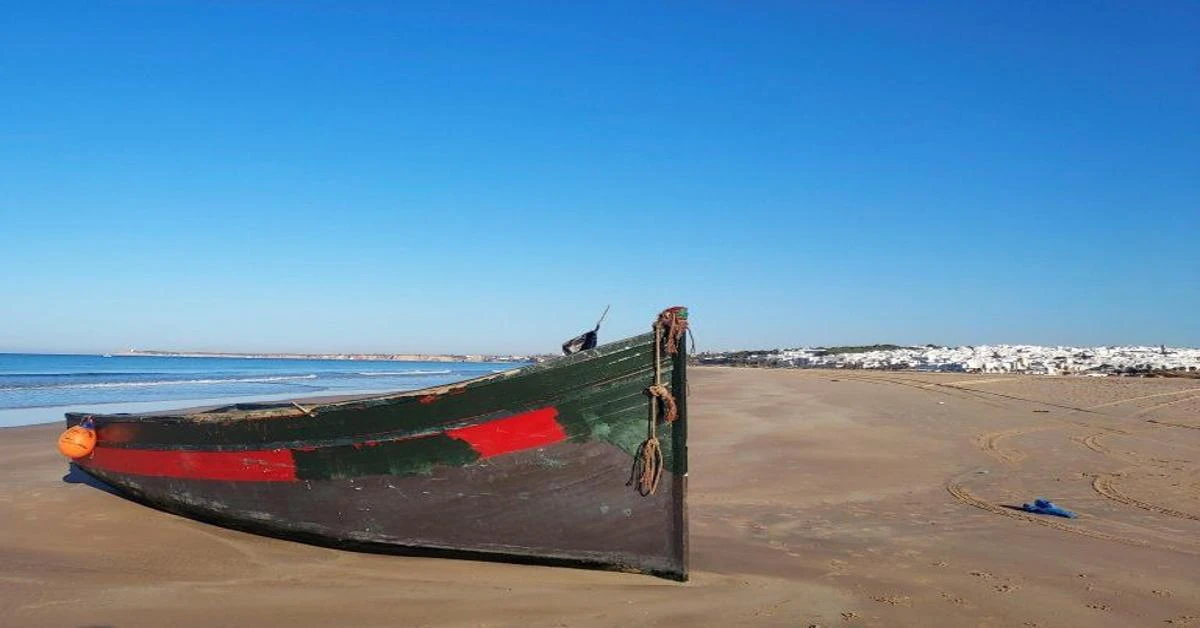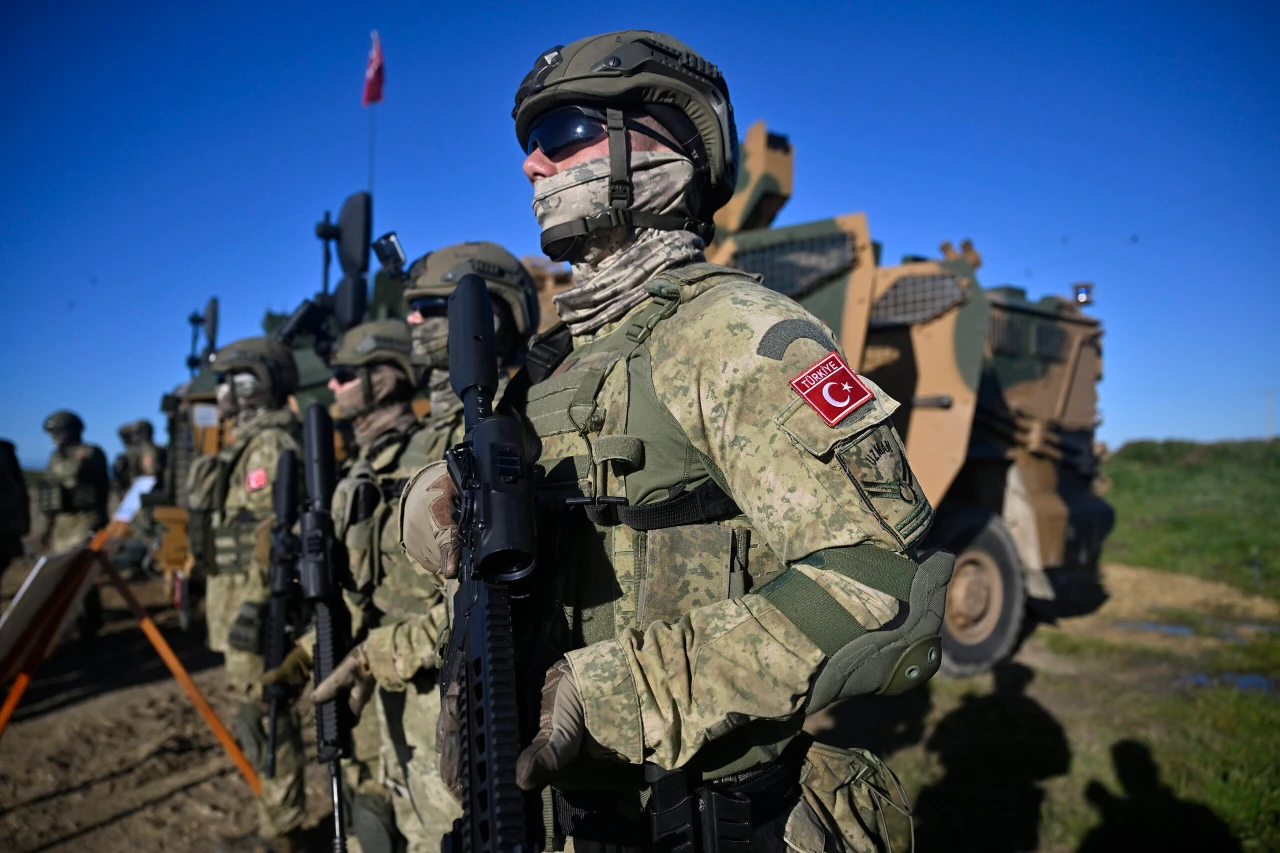Exploitation ring preying on migrant families busted in Spain

Investigative report exposes scheme where fraudsters, falsely linked to Spanish nongovernmental organizations, demand payments from families for information on migrants missing in Europe
Families of migrants missing during their perilous journey from Africa to Europe report individuals demanding money for information about their loved ones.
These families, struggling to find any news, have decided to confront individuals exploiting their desperation.
The Guardian’s investigation reveals that three families interacted with people linked to a supposed nongovernmental organization (NGO) in southern Spain during their quest to locate missing relatives.
These individuals offered crucial information for a price – demanding over $200. One relative even received a promise of photos of a deceased family member in a police morgue, yet no family paid these amounts.
“The lack of any formal procedure,” the Guardian reports, “combined with the desperation of families to obtain any news of their loved ones, has created a terrain that is ripe for exploitation.”
One family member spoke about an eerie proposition and said, “It was really bizarre. How can these men have access to the corpse when this is not the case for those who have relatives that have disappeared?”
Another family received information that their relative was in prison in the Canary Islands and was advised not to contact the police, which would allegedly jeopardize the search. A third family was told their relative was on a boat with “dangerous contents” and paying over $200 would reveal their whereabouts.
“The problem is that the authorities are not that helpful,” said a relative, underlining the challenges these families face.
An implicated NGO, which remains unnamed in police investigations, has refuted these allegations on social media, describing them as “lies and defamation.”
Separately, Spanish police have arrested 14 people accused of defrauding families of drowned migrants. These suspects allegedly offered fake information about loved ones for money, engaging in “false searches” following shipwrecks.
This group includes public employees from forensic institutes who reportedly allowed the photographing of migrants’ bodies, later used to coerce families into signing contracts with specific funeral homes.
Maria Ouko, a volunteer helping families in Algeria, stresses the need for a dedicated office to support these families. “There’s a complete legal vacuum,” Ouko said. “There are no institutions that offer clear support to families looking for their missing people. So there are scams, there’s everything.”
This situation not only sheds light on the tragedies faced by migrants but also on the unscrupulous individuals capitalizing on the pain and uncertainty of families, revealing a darker side to the migrant crisis in Europe.
Source: Newsroom



